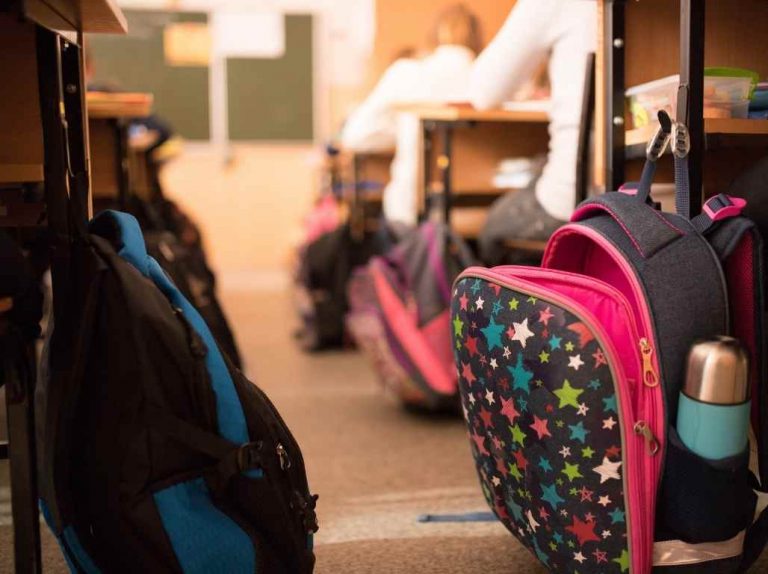Mass Shooting Trauma Affects Teen Mental Health What Can We Do
Can we protect schools and teen mental health from mass shooting by adding guards and fences? Do you really think that making schools like prisons will reduce the trauma and fear teachers and teens are experiencing right now? When schools look and feel like prisons and all students are suspects, it causes depression and anxiety for everyone. That leads to frustration, anger, and all too often drug and alcohol use. Mental health is not just a question for violent offenders. It’s a reason to make everyone more emotionally healthy. How do we do that?
Mass Shooting Today Put All Children At Risk For Mental Illness
I’m a recovery advocate who has been writing about addiction and mental health for more than a decade now. At Reach Out Recovery, we’ve tried to stick to teen addiction prevention and recovery from dysfunctional families and toxic relationships. Why? It happened to us and we wanted to do something about it. Teen addiction prevention is not taught in schools or after school programs, and neither is basic mental health education. That bothered me and my daughter, Lindsey. We believe that Lindsey’s teen addiction twenty years ago could have been avoided if she and I had had basic mental health education. Early traumas made Lindsey depressed and anxious; that led to experimentation with drugs and alcohol. We were dealing with that and not the trauma that caused it. Her story and mine is all too common and repeated every single day with millions of our precious teens. We’re still not going to the source of teen violence and mass shooting: depression, anxiety, lack of healthy relationships and appropriate personal expression. What’s wrong with us?
Lindsey And I Wrote The What Makes Us Healthy Books
What makes us healthy at every age is still not taught, so I wrote a book: The Teen Guide To Health. I’m a writer after all. Frankly, neither teens nor teachers know what makes them healthy. I asked hundreds of them this year, and no one could tell me what the three pillars of health are. Someone had to create a simple roadmap for basic health knowledge, so I did it. Lindsey wrote 100 Tips For Growing Up, My 20 Years Of Recovery and has begun teaching it at Homeboy Industries. We’re putting our personal and writing experience to work.
What We learned
Five years ago, I invited some local high school and college interns to write for Reach Out Recovery about what was happening to them emotionally at school. I gave some basic writing assignments. Good students wrote harrowing stories about their home and school life that broke my heart and ended the experiment. Those students were hurting more than I dreamed possible and needed counseling. As a writing coach, I couldn’t ask students to share their devastating traumas without professional support, and schools and colleges didn’t want us to. Now, our goal is to teach mental health and invite students to create positive mental health messaging through art and media and scholarship opportunities.
Mass Shooting Has A Root Cause
Anger and frustration has a root cause, and we can’t fix that by teaching children how to bar the door, or to distrust each other, or by arming teachers. Increasing gun violence by teens puts a greater responsibility on us to educate our children and teens what makes them healthy and how to be healthy when they’re feeling bad and how to be safe when they’re at risk We can’t expect teacher training to spot depressed and anxious children and get them into therapy. Teacher training and more counselors are great ideas, but they are not a solution. One solution that has to be incorporated is mental health, coping, and life skills education.
Read More Articles By Leslie Glass





















